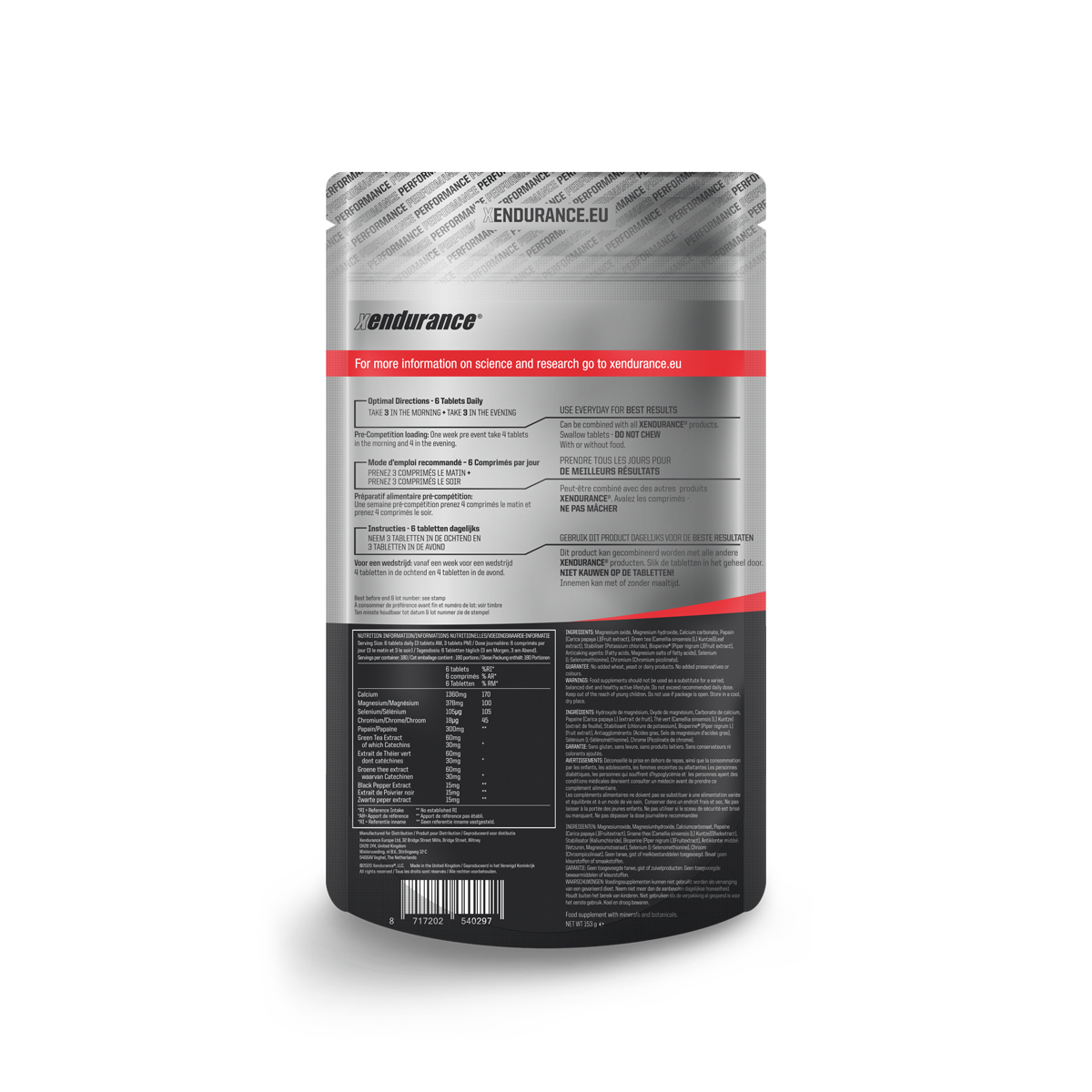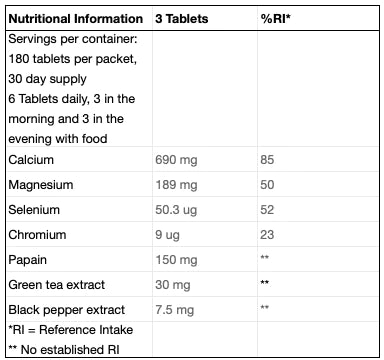It's no secret that muscle-strengthening exercises are beneficial for overall health. But did you know that they could also help decrease your risk of mortality? According to a recent study, weightlifting and other muscle-strengthening exercises can play an important role in disease prevention. Researchers found that these exercises were associated with a decreased risk of death from several causes, including cardiovascular disease and certain cancers.
Does this give you motivation to get back in the gym? It should.
What Is Considered Muscle-Strengthening Exercises?
The Centers for Disease Control and Prevention (CDC) defines muscle-strengthening exercises as "activities that make your muscles work harder than they do during everyday activities." This can include lifting weights, using resistance bands, or doing bodyweight exercises like push-ups and sit-ups.
How Much Exercise Do I Need?
The CDC recommends that adults should do muscle-strengthening activities at least two days a week. Each session should last for at least 30 minutes. If you're just starting out, you can break up your time into shorter intervals throughout the day.
This is what the CDC says. Your trainer probably pushes you to do much more.
What Are the Benefits of Muscle-Strengthening Exercises?
Muscle-strengthening exercises have a host benefits. They can help improve your bone health, increase your muscle strength and endurance, and boost your overall fitness level. These exercises can also help improve your mental health by reducing stress and improving sleep quality.
Remember though, consistency is what makes muscle-strengthening exercise so beneficial. It takes several weeks before results become apparent. And don’t forget rest! If you train and workout in this manner, it is equally important to get rest so your muscles repair and rebuild.
Does Age Matter? Can You Be A Weightlifter At Age 90!
Strength training is very beneficial to prevent injury and aid recovery for older adults. As we age, so does the risk of osteoarthritis and in general, mobility. With muscle-strengthening exercise, adults or those over the age of 50, may find that their balance improves and they are less likely to have a fall. So don’’t let age stand in your way.
What About Aerobic Exercise? Is It As Beneficial?
All exercise is important for overall health and even mental health. It is recommended that adults perform 150-300 minutes of moderate aerobic activity or 75-150 minutes of high intensity aerobic activity each week; this according to the HHS. (Department of Health and Human Services) Aerobic exercises may be cycling, running, swimming and even walking. It's all good! Aerobic exercise, especially, supports your heart health!
How Does Muscle-Strengthening Exercises Help Prevent Disease?
The recent study, which appears in the British Journal of Sports Medicine used data from 16 studies published between 2012 and 2020. The participants observed did not have any major health issues at the time. Each study had statistics from thousands of participants and one study had over 480,000 people and all were followed at least 2 years.
According to the authors, “All studies focused on muscle-strengthening exercises such as resistance/strength/weight training and calisthenics, but not on muscle-strengthening activities such as carrying heavy loads and heavy gardening.”
The data presented showed a 10-17% lower risk of all-cause mortality. Diabetes, cardiovascular disease, lung cancer and total cancer had a similar reduction. The study did not find a risk reduction in colon, kidney, pancreatic or bladder cancers, however.
They concluded that 1 hour of muscle-strengthening exercises a week reduces the risk of diabetes. 30-60 minutes of this type of exercise per week lowers the risk of cardiovascular disease, cancer and all-cause mortality.
In evaluating the clinical data, the researchers and others noted the need for more muscle-strengthening research on a more diverse population. Studies on the influence of aerobic exercise has been researched longer and the hope is that weight-lifting or muscle-strengthening analysis continues on that same path.
Until more studies are concluded, just ask any qualified trainer. Ask them what they find when someone consistently shows up and does the exercises and puts in the time and energy to improve.










